Kristhyan Benitez Embracing Experimentation and Representation in Classical Music
Grammy award-winning pianist Kristhyan Benitez’s art contains multitudes. Born in Venezuela, Benitez is classically trained and has a passion for combining music from different cultures. He was educated within the form and structure of the classical music world but has always had an affinity for improvisation and experimentation. It’s fitting, then, that Benitez will perform Gershwin’s Rhapsody in Blue alongside the FSO on October 19. This 100th anniversary celebration is an ode to Gershwin’s experimental marriage of classical and jazz music performed by a modern-day music pioneer.
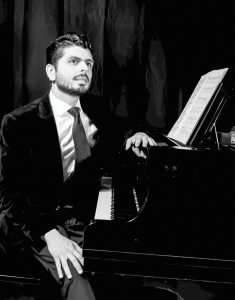 On Gershwin and improvisation
On Gershwin and improvisation
Benitez first played Rhapsody at the age of 14 and explained that he has felt drawn to the piece for a long time.
“It reopens that door to improvisation for me,” Benitez said. “I greatly admire jazz pianists, but I remind my classical fellows that classical music improvisation is something that was natural to us. What’s better than to have a piece that is a hybrid of classical and jazz? The first piece ever to experiment with that in such a way.”
In the spirit of combining genres, Benitez will have his own unique signature to bring to this performance of Gershwin’s classic.
“My best imprint, I would say, is my culture. There will definitely be something related to Latin music in there. I have a plan, of course, but it depends on the way I feel in the moment.”
While discussing his musical background, it became clear that Benitez has always gravitated toward improvisation, despite his classical education. When assigned to learn a new piece one summer, his mom (who had no musical background) struck a deal that he could play Nintendo if he practiced his piano. Unbeknownst to her, his “practice” was making up his own music — his first approach to improvisation.
“It was a moment for me. At the time, when I had to confess to my teacher that I had made it up, it was kind of forbidden. That was always a part of me, but it had been silenced. Being able to re-explore that part of me, it’s my confidante,” Benitez said.
“It’s very important to stick to how you see the music, how you feel the music, and that makes things better.”
On education
Benitez has had many pivotal moments throughout his music education. One that stuck with him was an experience at his final lesson at Boston Conservatory at Berklee with his teacher, Michael Lewin.
“He said ‘This is our last lesson, and from now on we’re not student and teacher, we are colleagues.’ And I freaked out.”
Benitez explained that he felt the weight of the responsibility his teacher was entrusting to him.
“So, what do I do now? I decided I have to keep following my intuition about what I feel about music. Applause from the audience is rewarding, but I need more. For me, it was important to be able to transfer all my years of studying to the next generation. I want to plant that seed and encourage people.”
Benitez hopes to inspire people to be better human beings through teaching music, regardless of whether they end up pursuing music as a career. “If you like music, you can always have it as a reflection or escape, you can use it that way,” he said.
“It’s so beautiful and subjective. There’s space for everyone.”
On expanding the classical repertoire
Benitez’s conservatory curriculum in Venezuela incorporated learning pieces from Latin American and Venezuelan composers in addition to the more mainstream European composers. He realized that composers across cultures were using a similar process — infusing folklore and history with their music — but there was a lack of knowledge about those from Latin American countries.
“I don’t see myself as a Venezuelan, I see myself as a Latin American. Why not create art in the concert hall using as many elements as you can? Since there’s no representation, I have a duty to expose that and explain why,” he said.
“I’m obsessed with mixture, and we all have this super power that is the mixture of cultures. We were all born from a place where music, art and food were all inspired by that mixture. It makes us more colorful. I’m exposing that through music.”
His Latin Grammy award-nominated album, Afro Cuban Dances, is a result of that passion for mixture. The album features pieces by Ernesto Lecuona (dubbed the ‘Cuban George Gershwin’), the first composer to consciously incorporate Afro-Cuban elements into classical music for a concert hall setting.
“You can be a classical musician and yourself,” said Benitez. “Everyone has something to say and something to show. For me, in this moment, I can show where I come from and in a way I respect,” he said.
“Don’t be afraid to show who you are – some of the best mistakes are turned into wonderful pieces of music. We need that. It sounds utopian, but I think we all have that in us. It’s there, we just have to find what the path is. It’s never a straight line and that’s beautiful.”
Flint Symphony Orchestra
-
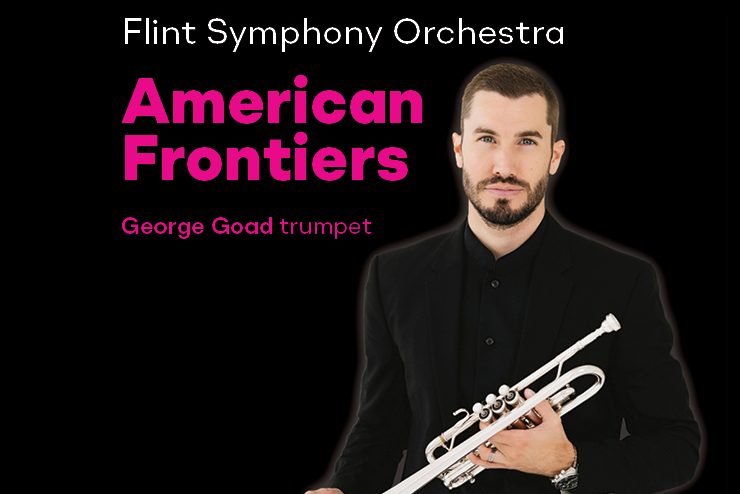 TicketedFlint Symphony Orchestra
TicketedFlint Symphony OrchestraAmerican Frontiers
• 7:30 PMLocation: Whiting Auditorium -
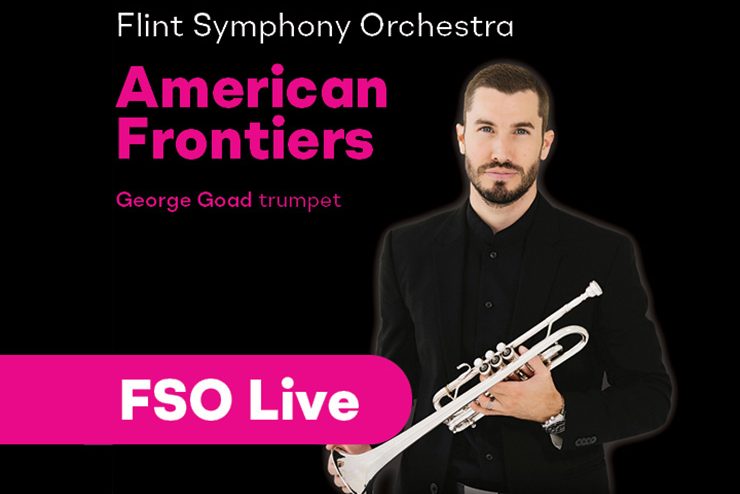 TicketedFlint Symphony Orchestra
TicketedFlint Symphony OrchestraFSOLive: American Frontiers
Copland, Still and John Williams• 7:30 PM -
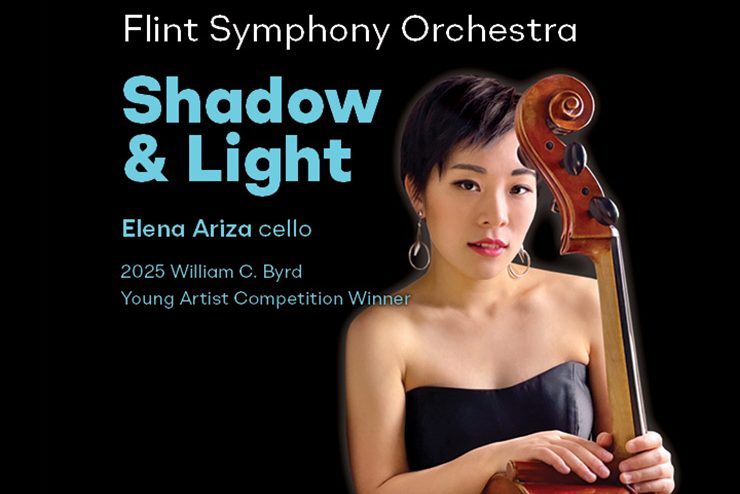 TicketedFlint Symphony Orchestra
TicketedFlint Symphony OrchestraShadow & Light
• 7:30 PMLocation: Whiting Auditorium -
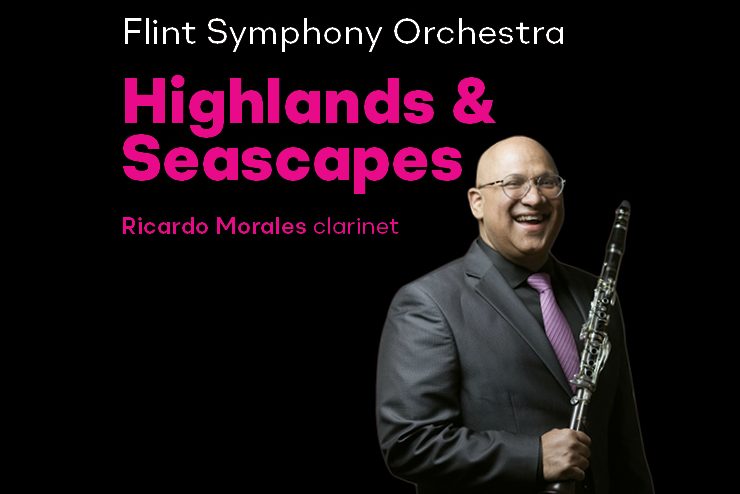 Flint Symphony Orchestra
Flint Symphony OrchestraHighlands & Seascapes
• 7:30 PMLocation: Whiting Auditorium